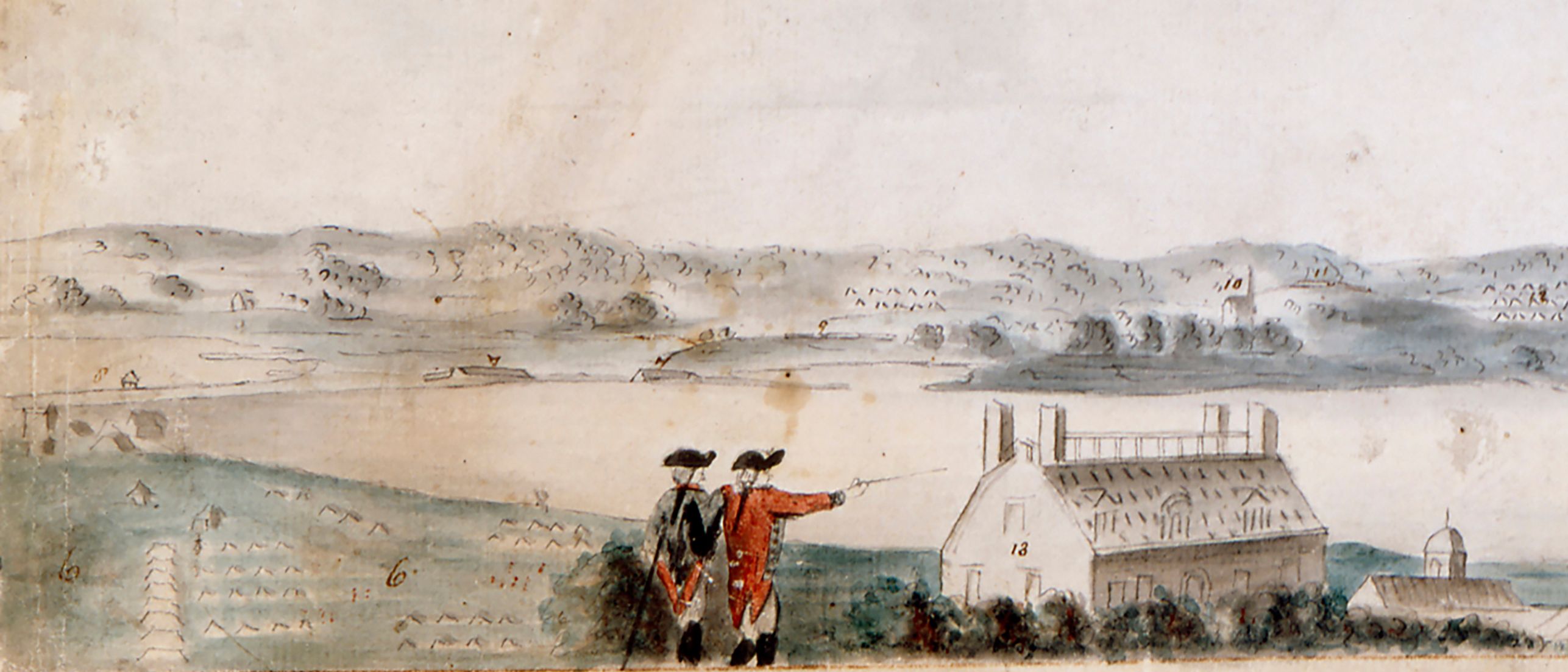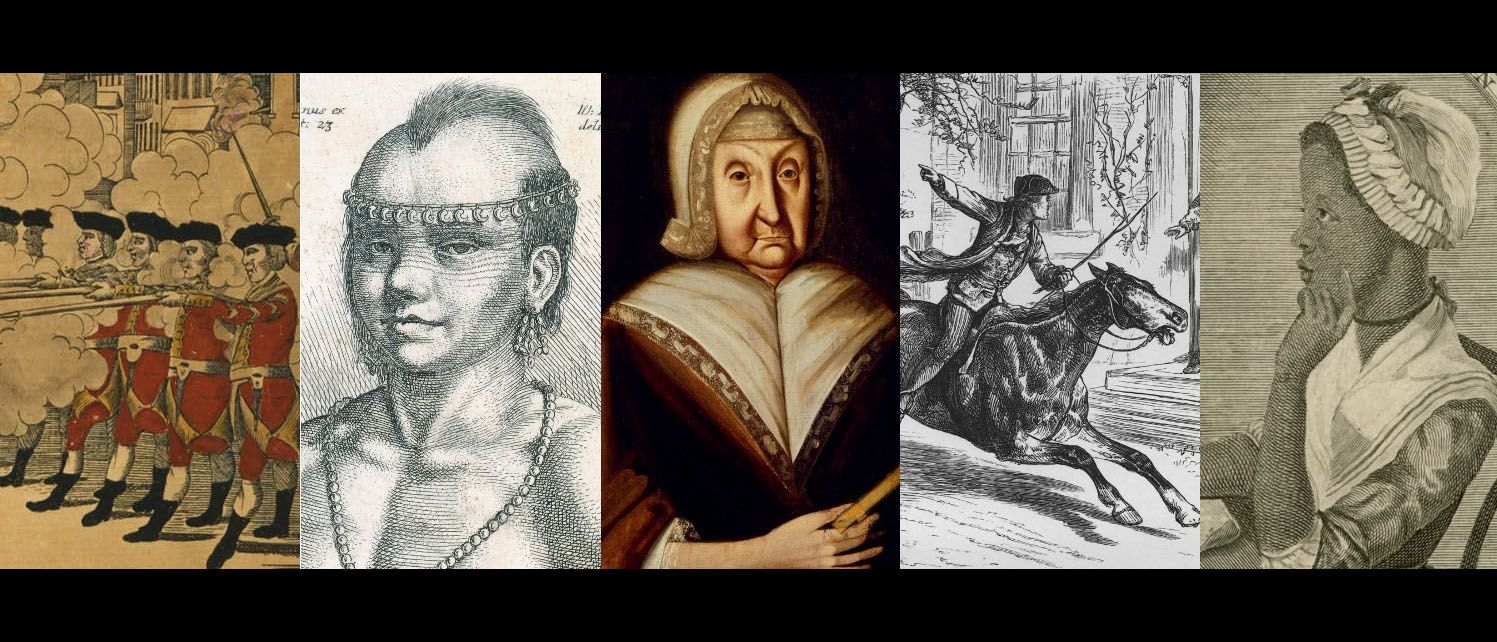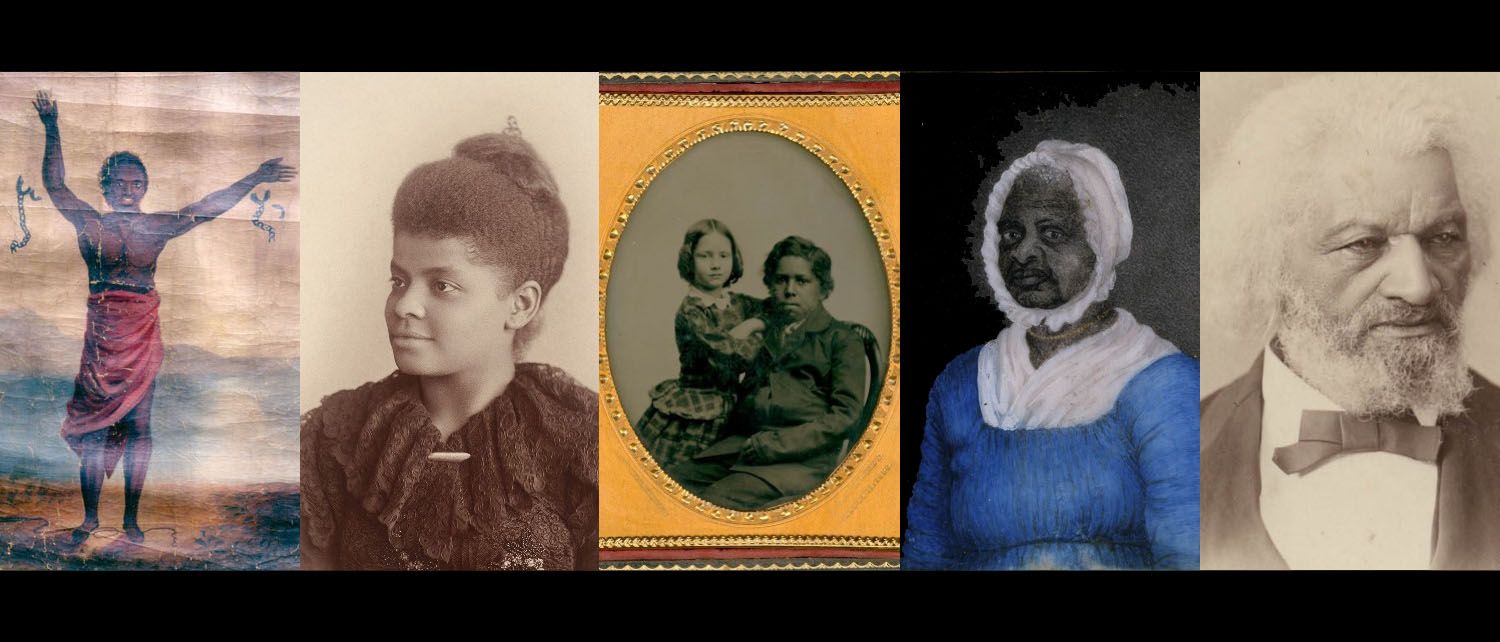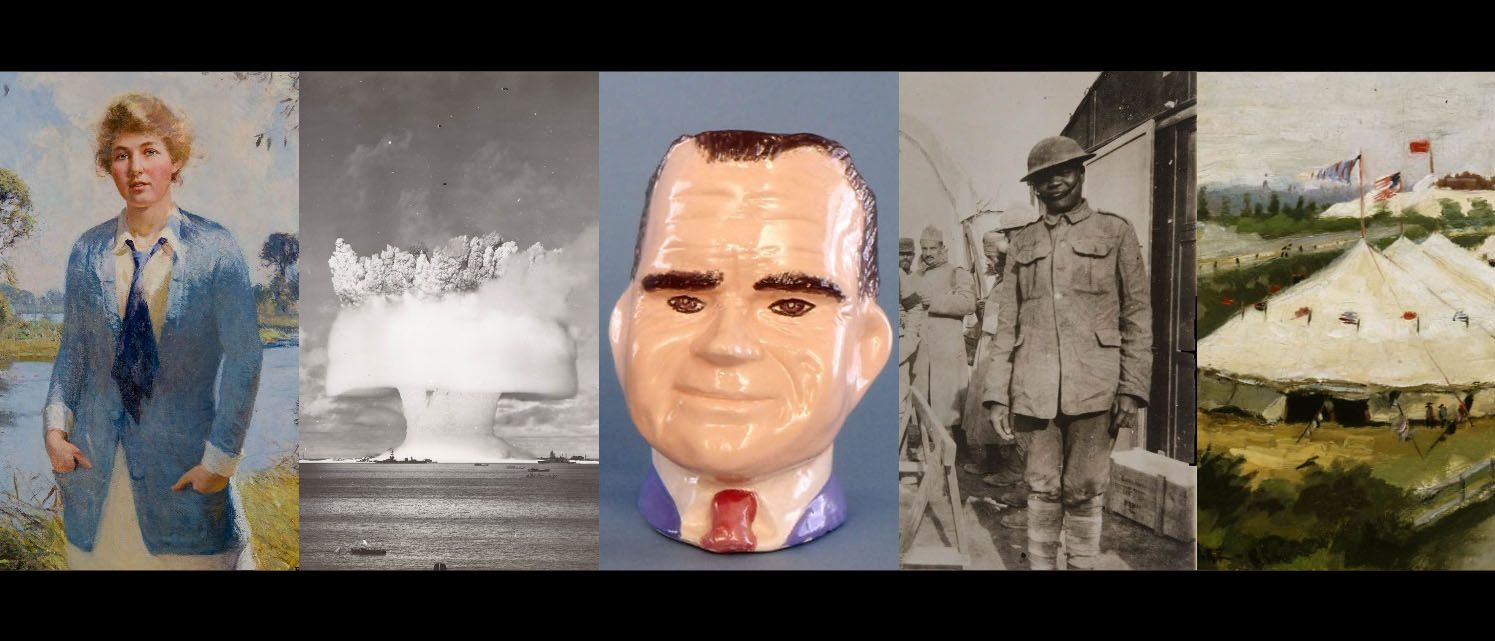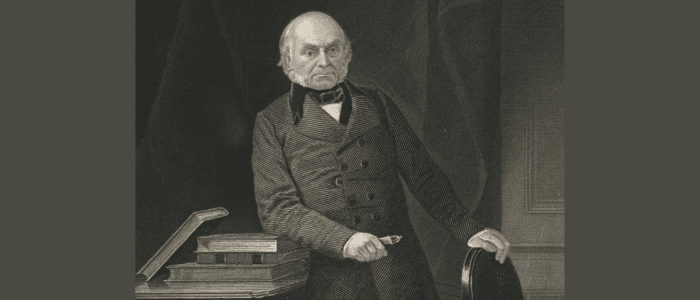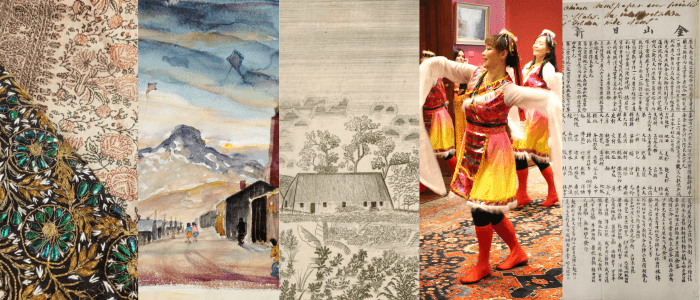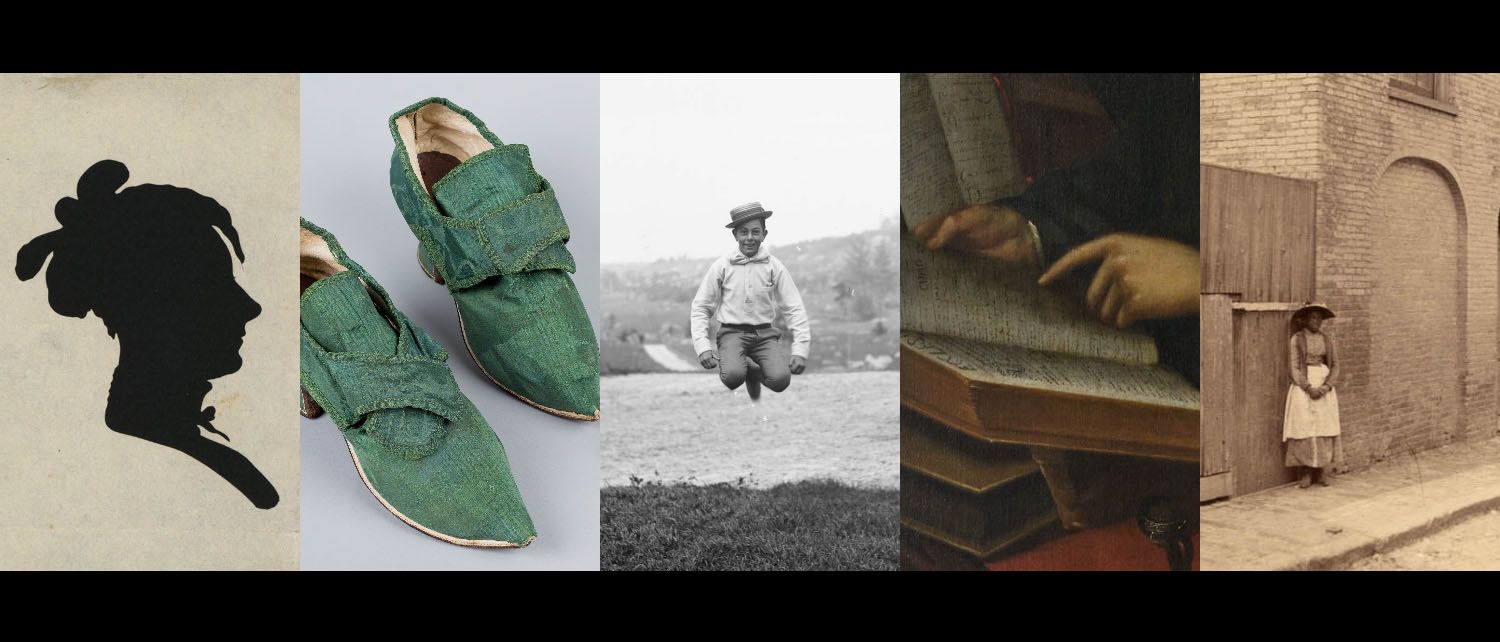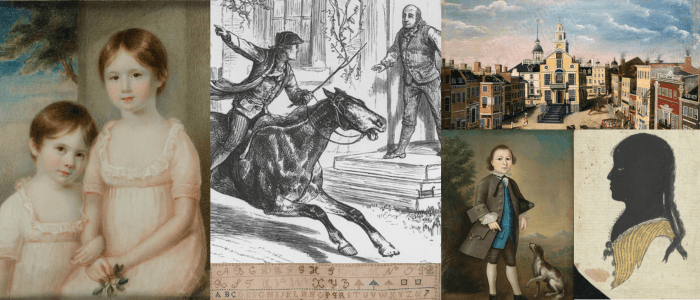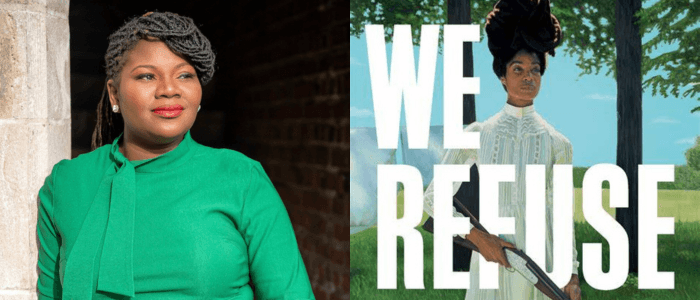Event

Carbon Boom: Barbados and the Plantationocene
Author: Eric Herschthal, University of Utah
Comment: David Silkenat, University of Edinburgh
This is an online event.
Nothing had quite the carbon impact of the Barbados sugar boom. Within a half century of the colony’s transition to sugar production in 1643, Barbados was almost entirely deforested. The average Barbadian sugar plantation emitted almost twice the amount of carbon as the average enslavement-based rice plantation, and ten times the amount of carbon as commercial wheat farms in colonial Pennsylvania, which relied on family labor. The Barbadian sugar plantation set the model for all other enslaved plantations in the New World, and emerged from a confluence of innovations: ecological, financial, political, and racial. Though Barbados’ importance to the development of the plantation complex is well known, this chapter argues for the colony’s importance to the emergence of anthropogenic climate change. It uses new plantation emission calculations to tell a human story about the emergence of a carbon-intensive economy rooted in racial capitalism. It is a working draft of a first chapter for a new book project on enslavement and the origins of climate change.
The African American History Seminar and Environmental History Seminar invite you to join the conversation. Seminars bring together a diverse group of scholars and interested members of the public to workshop a pre-circulated paper. Learn more.
Purchasing the $25 seminar subscription gives you advanced access to the seminar papers of all seven seminar series for the current academic year. Subscribe at www.masshist.org/research/seminars. Subscribers for the current year may login to view currently available essays.
Online Event
The virtual seminar begins at 5:00 PM and will be hosted on the video conference platform, Zoom. Registrants will receive a confirmation message with attendance information.
